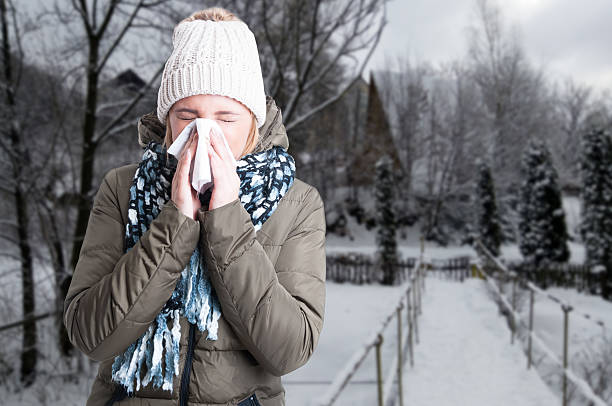World NTD Day was celebrated on the 30th of January. The UK Coalition Against NTDs and the All-Party Parliamentary Group on Malaria and Neglected Tropical Diseases (NTDs) organized an event in honor of this day.
A commemoration of World NTD Day was held by the All-Party Parliamentary Group on Malaria and Neglected Tropical Diseases and the UK Coalition Against NTDs. Parliamentarians, healthcare providers, global health organizations, and members of the public attended the event.
Above: Aishwarya Janakan is a Shine A Light poster contest winner. She said: “I chose leprosy because I saw how these conditions could change the way people view you and how they can impact your life. Credit: Paula Plaza/SCI Foundation
Catherine West, MP of Hornsey & Wood Green, Chair of the APPG for Malaria and NTDs, hosted the event. It included recorded statements by Dr Soce Fall, the newly-appointed Director for NTDs for the World Health Organization, and Professor Getnet Tadele from Addis Ababa University in Ethiopia. Dr Fall said that NTD programs are vehicles for social justice, and he called for more investment in these programs.
Professor Tadele stressed the importance of indigenous knowledge by saying:
“We are interdependent – those in the global north possess better technical expertise, competence, and resources while we who live and work in countries with NTDs have a deeper understanding of their context.” They must be valued equally.”
The audience heard Dr Subodha Galahitiyawa’s powerful and personal account of living with leprosy. She is an Associate Lecturer at The University of The West of Scotland.
Above: Anusha Shrivastava, a winner of our Shine a Light poster competition, said, “I was inspired to create this poster because I was curious about what NTDs are and wanted to research it further.” Credit: Paula Plaza/SCI Foundation.
She said, “I stigmatised me. I was afraid that my family and I would be rejected if other people found out. I finished my Bachelors and Masters, but faced discrimination and struggled to get a job. My perspective on life changed. We must establish a culture where we work with people who are affected by these diseases, because our experience is an expert.”
Dr Charles Mowbray added that he is the Discovery Director for the Drugs for Neglected Diseases Initiative.
Above: CEO of SCI Foundation, Dr Wendy Harrison, and Sahara Aziz, a winner of our Shine A Light poster competition. Sahara said, “I was inspired to create this poster because I feel like people who suffer with any tropical disease must feel like they are drowning, and are just waiting to see the light.” Credit: Paula Plaza/SCI Foundation
“We will not make the progress we need in all those neglected tropical diseases until we have the right tools, and more tools, to try and really address the needs of the patients the right way.”
Dr Harrison concluded
“We wanted to raise the awareness of NTDs creatively, and we knew that having youth interpret them through their lenses is often a great way to engage different audiences. You can see that the creativity of the participants and the sheer number of responses was outstanding.
The workshop was a fascinating discussion about existing community perceptions and how social mobilization strategies for preschool-aged children work. It also explored what barriers can prevent the uptake of a potential new treatment.
The community trusts its health workers but still has reservations, especially with regard to side effects. This is based on the experiences of mass drug administration programs for schistosomiasis among school-age kids. If successfully engaged, communities and religious leaders are powerful allies. However, other health campaigns have faced serious challenges because they failed to engage key community groups effectively.
Rumors, misinformation, and barriers to treatment
Rumors that injections or medicines are being used to sterilize kids secretly or that a certain disease is the result of witchcraft have caused great damage to other health campaigns. Misinformation can undermine the success of a program if it is spread.
It is, therefore, important to tread carefully and thoughtfully. We understand that treating babies and toddlers can be a sensitive issue, and introducing new medications can cause some concerns.
The PPC is also committed to reducing the impact of the disease, as we know that babies and toddlers will suffer if they are not treated. It’s important to reach a common understanding with the community and caregivers for children aged six and below about the importance of a potential new treatment.
The social mobilization of the population is an important element in implementing health programs.
I believe that social mobilization is an important part of the implementation, even though it may be often overlooked. The PPC vision of reducing the global burden of Schistosomiasis is difficult to achieve if the perceptions and concerns of communities are ignored.
So, what’s next? What’s next? Once registered, this information will be used for future delivery of and access to potential new treatment options in affected communities.

